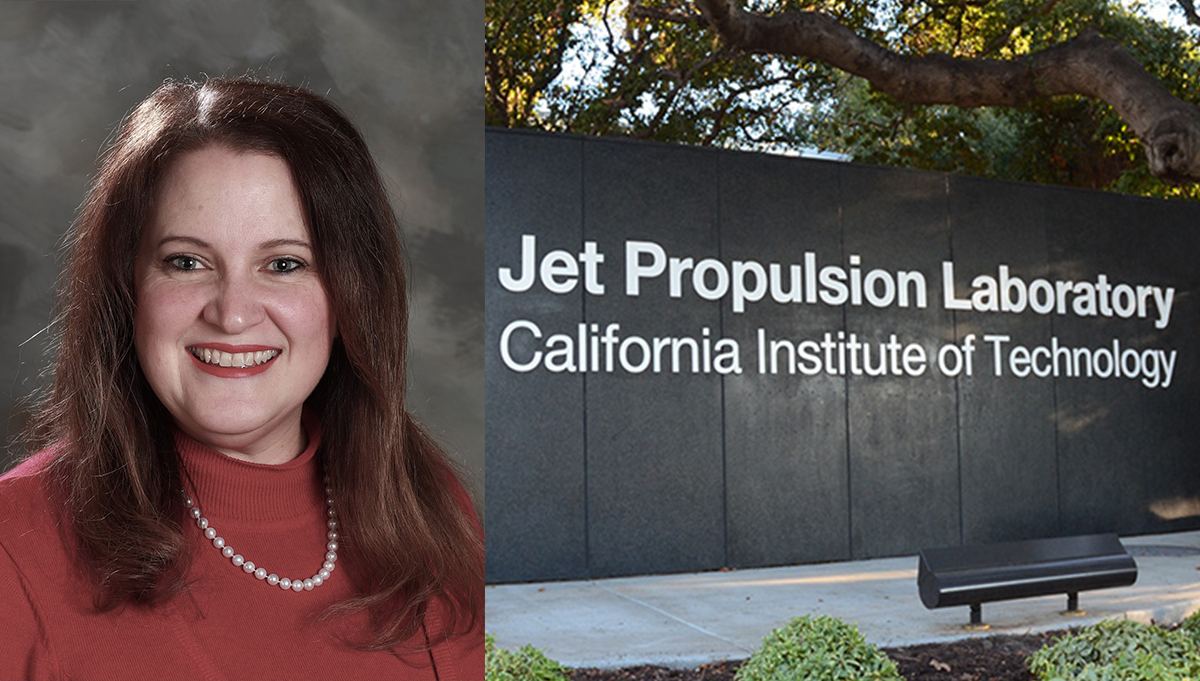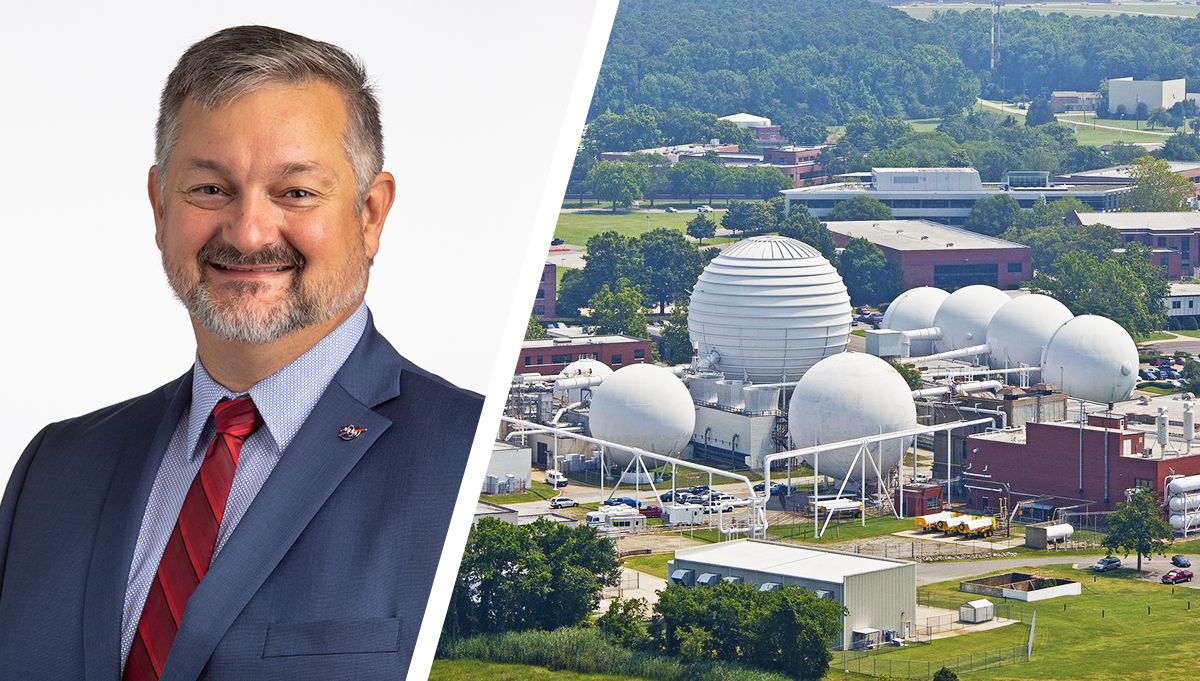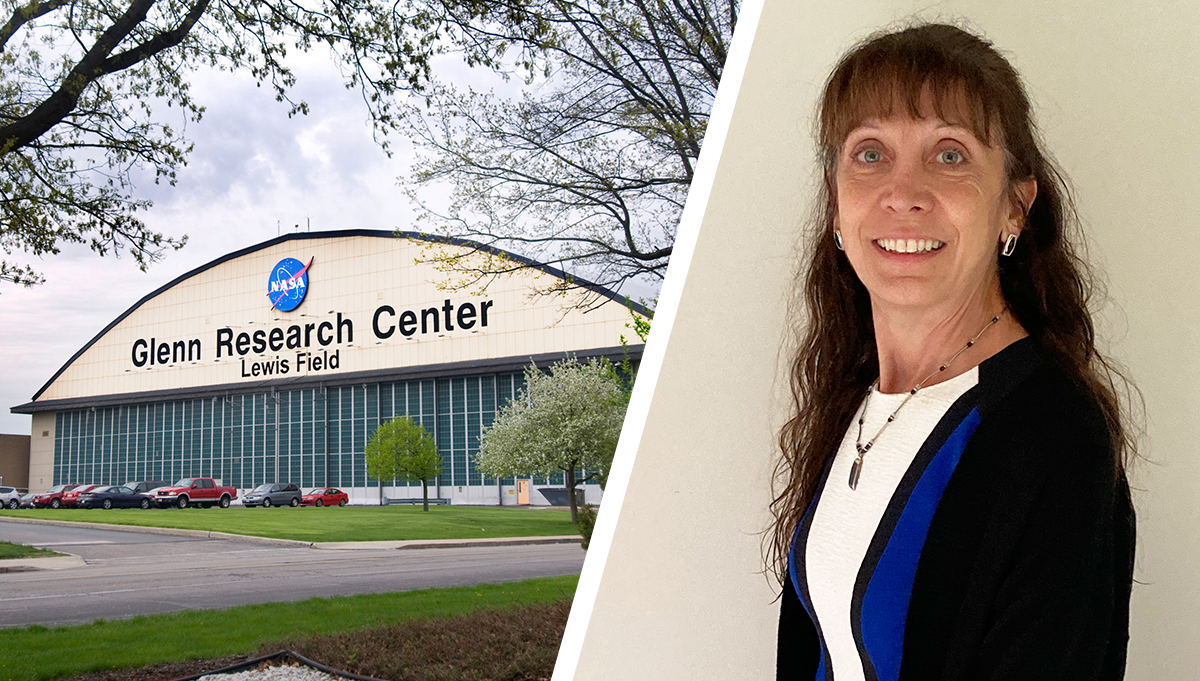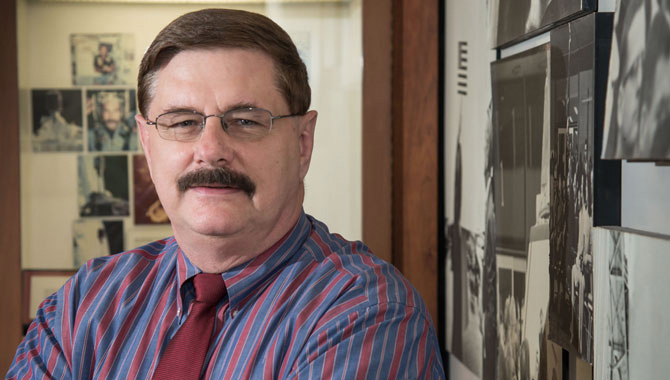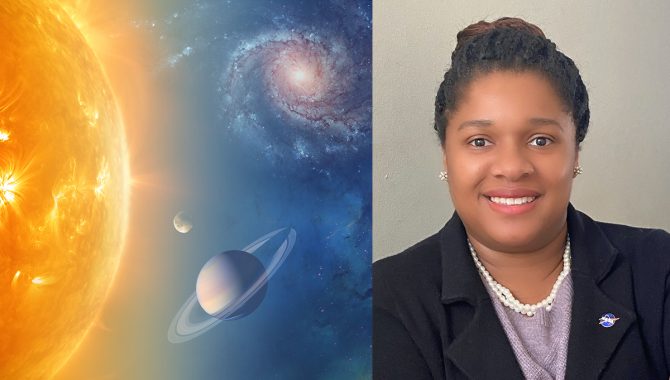
Human Exploration and Operations Mission Directorate CKO Zudayyah Taylor-Dunn.
Credit: NASA
Zudayyah Taylor-Dunn discusses knowledge sharing in NASA’s Human Exploration and Operations Mission Directorate.
Zudayyah Taylor-Dunn serves as the Chief Knowledge Officer (CKO) for NASA’s Human Exploration and Operations Mission Directorate (HEOMD). Taylor-Dunn, who also works in HEOMD Enterprise Protection and Risk Management, started her NASA career in the area of declassification work to analyze classified historical records for continued protection while ensuring historically valuable information is available to the general public. The HEOMD knowledge management function resides in the Human Spaceflight Capabilities Division along with crew health and safety, rocket propulsion testing, construction and facilities management.
What are your thoughts on how knowledge sharing affects mission success?
I think it’s critical to mission success. You have to communicate when you’re trying to reach a particular objective or meet a mission goal, and no one person can do that by themselves. It takes a community of people to move a mission forward. If you’re not communicating and sharing information, you run the risk of repeating mistakes and working inefficiently. We have to ensure that programs are working as efficiently and effectively as possible because mistakes can be costly and dangerous. So, I think it’s really critical to ensure that information is flowing through an organization and passing from person to person to drive the mission.
How do you think NASA’s technical workforce benefits from knowledge sharing?
I am an engineer by trade, so the importance of lessons learned and learning from your mistakes has always been ingrained in me. We have to learn from our mistakes, and I think that’s a critical part for the technical workforce. Programs are being squeezed by budget constraint, and we can’t repeat work that we’ve already done or make costly mistakes. So, we really need to use knowledge sharing as a tool to work more efficiently and effectively. Being able to build upon what an organization already knows will advance our efforts further.
What are some of the most prominent knowledge challenges in your organization?
Right now, I would say working in a virtual environment because a lot of times information is actually shared between people who are interacting informally, like water cooler talk. We don’t have that in a virtual environment. So, I think that’s missing and we’ve got to find a way to make sure that people are connected — not just in a formal meeting setting. We have to find a way where people can still just talk and share information and ensure that information is still flowing even when we’re not together in a physical sense.
Are there knowledge management efforts within NASA or other organizations that you find particularly remarkable or innovative?
I think that the NASA@WORK innovative challenge activity is really good. I know some people feel intimidated by it, but I think it’s really good to reach out to the whole agency to get feedback and ideas from everyone. A seasoned or experienced person may be focused or engulfed in a program, and soliciting new perspectives from others with diverse experiences could actually result in great innovation. So, reaching out to a larger body gives NASA a diverse pool of ideas to help move us forward.
What’s the biggest misunderstanding that people have about knowledge?
A big misunderstanding is that people sometimes think it’s just a library of lessons learned where you go and find articles or documents. I did a presentation recently to try and help people see that lessons learned is a good part of it, but knowledge management is more about knowledge sharing and ensuring that the knowledge is passed to the right people. It is about finding, sharing and flowing information through an organization to improve operations and efficiency.






